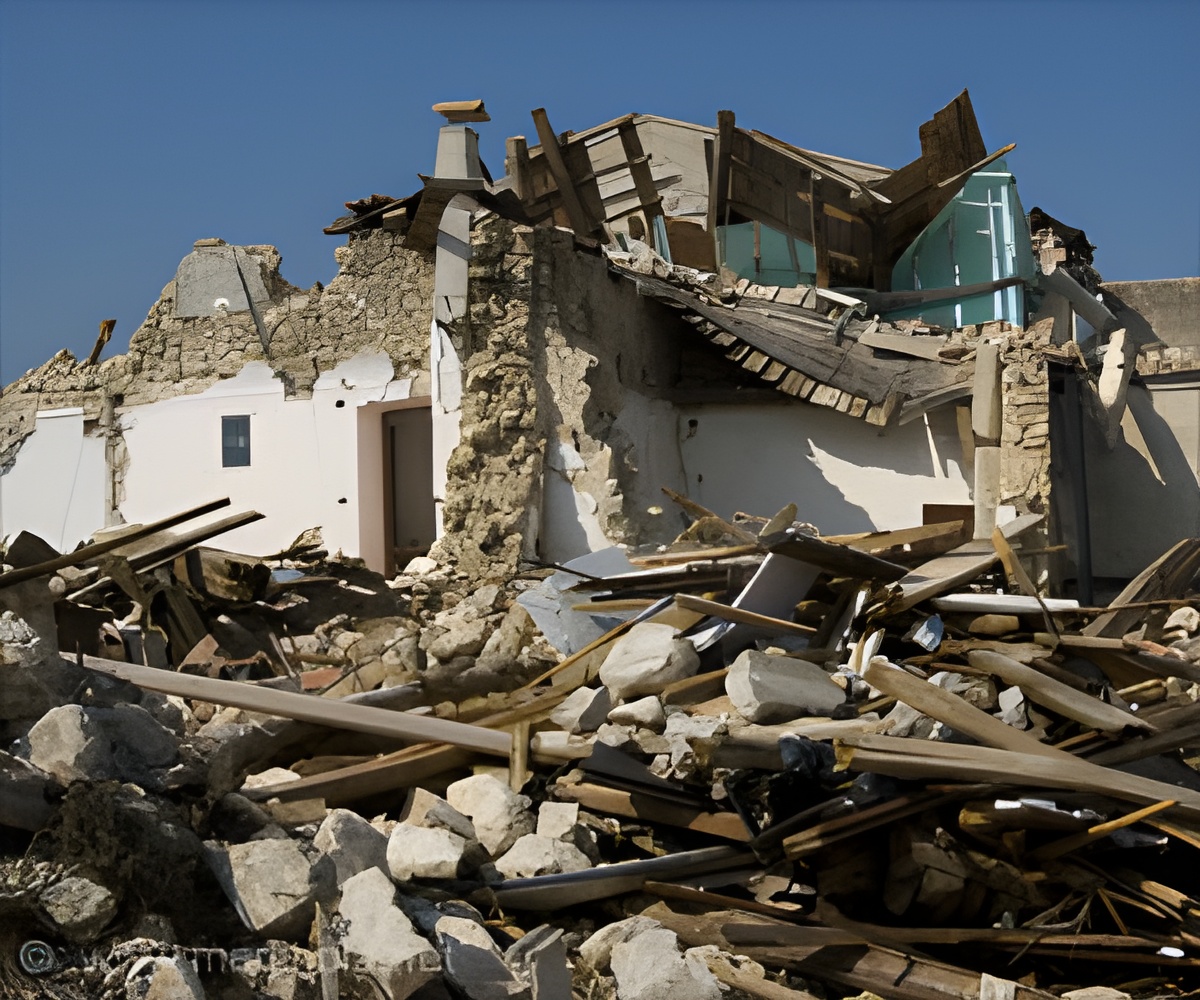A coordinated effort between civil society, multilateral agencies, local partners and others ensures reproductive health is blended with emergency responses.

India is one of the most disaster-prone countries in the world with a significant proportion of its population living in areas vulnerable to natural hazards such as floods, cyclones, droughts, epidemic fire and earthquakes. "Women have unique health concerns, from hygiene to life-threatening complications related to pregnancy and childbirth," Muttreja said noting that in every disaster, women and kids are twice as vulnerable as others.
"The integration of sexual and reproductive health in disaster preparedness and response is quite important at all levels," she added. "Since the healthcare system in disaster zones are quickly overwhelmed with treating serious injuries and fractures, special facilities need to be set up to offer obstetric and ante-natal care on a priority. This can help save lives of pregnant women, newborns and protect one of the most vulnerable sections of the population from catastrophe," said Muttreja.
"There is a need to integrate and coordinate the efforts of civil society, multilateral agencies, local partners and others on disaster preparedness to ensure that reproductive health is blended seamlessly into emergency responses," she said adding that lack of access to sufficient food, water and medications and emotional trauma can significantly increase pregnancy-related morbidity and mortality.
"Other states must follow Maharashtra and Odisha, which have made their disaster management plans sensitive towards women," she stated.
Source-IANS











